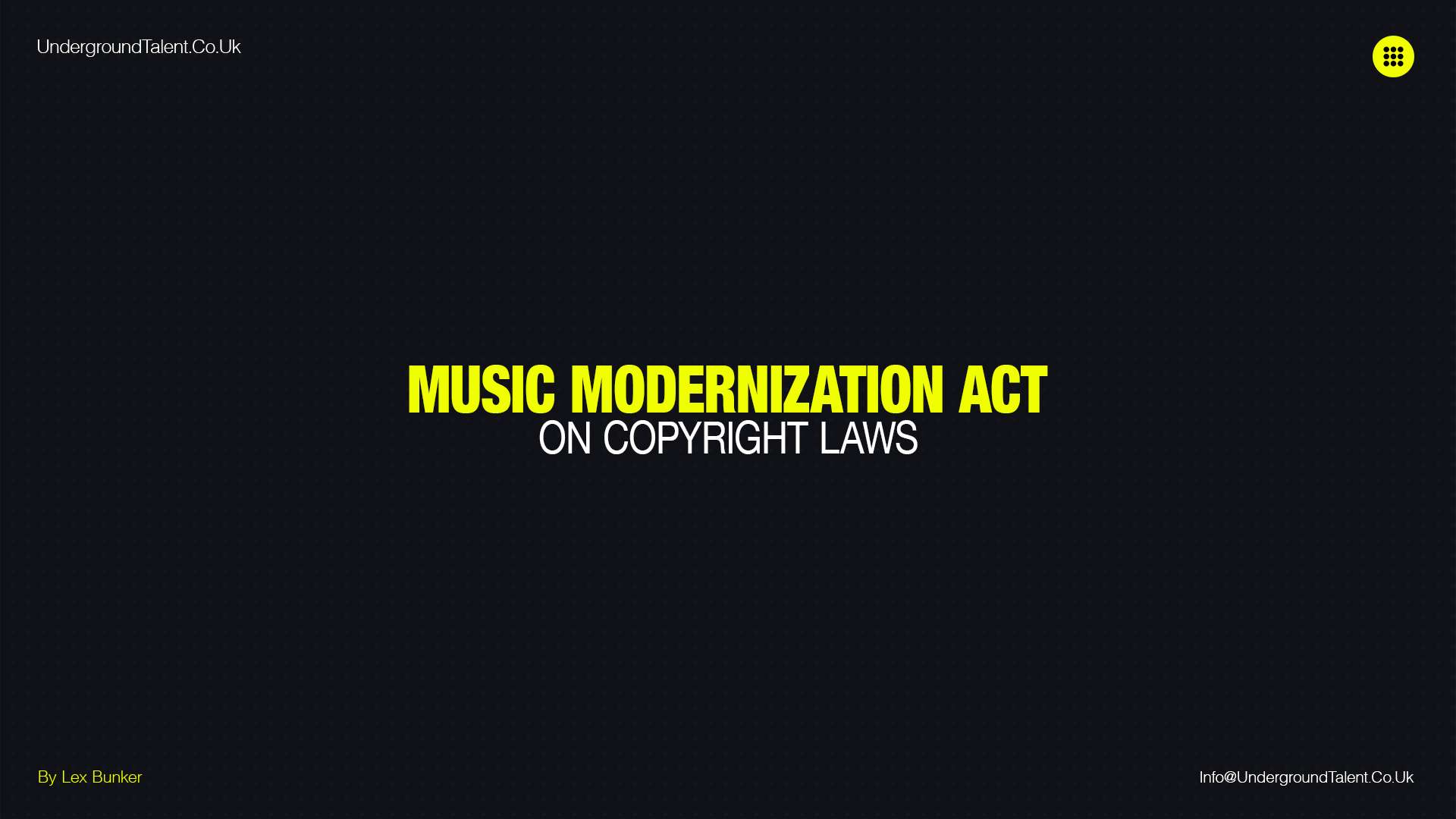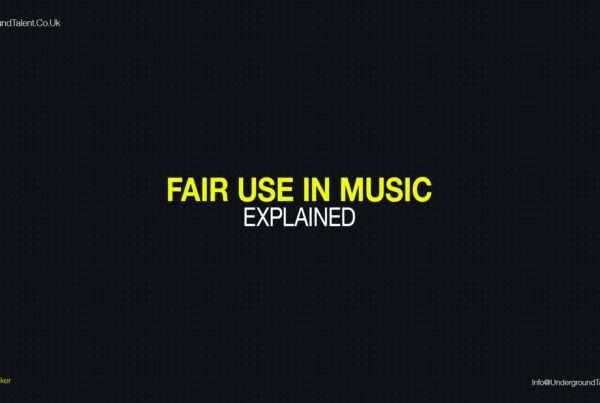What is the Music Modernization Act?
The Music Modernization Act (MMA) is a law that helps musicians get paid more fairly for their work, especially when their music is played online. It makes it easier to collect and distribute payments to songwriters, musicians, and producers.
Table of Contents
- Overview of the Music Modernization Act
- Introduction to the MMA
- Key Components
- Musical Works Modernization Act
- Classics Protection and Access Act
- Allocation for Music Producers Act
- Impact on Songwriters and Publishers
- Royalty Collection and Distribution
- Public Database
- Changes in Licensing for Digital Music Providers
- Blanket Licensing System
- Fair Market Value Standard
- Federal Protection for Pre-1972 Recordings
- Closing the Loophole
- Duration of Protection
- Benefits for Music Producers and Engineers
- Recognition in Copyright Law
- Royalty Payments
- Challenges and Criticisms
- Implementation Issues
- Stakeholder Perspectives
- Conclusion
- Summary of Benefits
- Future Implications
Read Also: Everything You Need to Know About Performance Rights Organizations
Overview of the Music Modernization Act
Introduction to the MMA
The Music Modernization Act (MMA) is a landmark piece of legislation designed to modernize U.S. copyright laws, particularly in the context of digital music.
Enacted in 2018, the MMA addresses outdated regulations that failed to keep pace with the rapid evolution of music distribution and consumption via digital platforms.
The primary goal of the MMA is to streamline the licensing process, ensure fair compensation for music creators, and bring greater efficiency and transparency to the music industry.
Key Components of the Music Modernization Act
The MMA comprises three main sections, each targeting specific aspects of music licensing and royalty distribution:
- Musical Works Modernization Act
- Classics Protection and Access Act
- Allocation for Music Producers Act
1. Musical Works Modernization Act
The Musical Works Modernization Act is the centrepiece of the MMA.
It establishes a new blanket licensing system for digital music providers, simplifying the process of obtaining licenses for streaming and downloads. This section also introduces the Mechanical Licensing Collective (MLC), a non-profit organization responsible for administering these blanket licenses.
The MLC collects and distributes mechanical royalties to songwriters and publishers, ensuring they receive fair compensation for the use of their works. This system replaces the cumbersome song-by-song licensing model, reducing administrative burdens for both rights holders and digital music providers.
2. Classics Protection and Access Act
The Music Modernization Act (MMA) addresses a major gap in copyright protection by extending federal copyright to sound recordings made before 1972. Previously, state laws protected these recordings, often leaving legacy artists without royalties from digital platforms.
The act now ensures older recordings get the same protection as newer works. This guarantees artists who created music before 1972 receive payment when their works are used on digital streaming services.
By extending federal copyright, the act creates a fairer system, ensuring all artists receive proper compensation.
3. Allocation for Music Producers Act
The Allocation for Music Producers Act is a groundbreaking provision that recognizes the contributions of music producers, mixers, and sound engineers in copyright law for the first time.
This section establishes a process for these professionals to receive royalties for their work.
Under the new law, producers and engineers can receive a share of the royalties collected for the use of sound recordings through SoundExchange, based on directions from the featured artists.
This ensures that all contributors to the creation of music are fairly compensated, reflecting their essential role in the production process.
Challenges and Criticisms: Implementation Issues | Music Modernization Act
The Music Modernization Act (MMA) has faced several challenges and criticisms since its implementation.
One major issue is the accuracy of royalty distributions. Critics argue that the Mechanical Licensing Collective (MLC) must ensure precise and timely royalty payments to songwriters and publishers.
There have been concerns about the MLC’s ability to manage the vast amount of data involved in tracking and distributing royalties accurately. Administrative hurdles also pose significant challenges, as the process of registering works and maintaining the public database can be complex and resource-intensive.
Additionally, some stakeholders have highlighted the difficulties in transitioning from the old system to the new one. Smaller publishers and independent artists, in particular, may struggle with the new requirements and administrative processes.
The MLC needs to provide robust support and clear guidelines to help all rights holders navigate these changes effectively.
Stakeholder Perspectives: Music Modernization Act
Songwriters and Publishers
Songwriters and publishers generally view the MMA positively, as it promises more efficient royalty collection and distribution. However, some have expressed concerns about whether the new system will live up to its promises.
There is apprehension about the accuracy and fairness of the MLC’s operations, especially given the potential for data mismatches and the complexities of the music rights landscape.
Despite these concerns, many believe the MMA is a step in the right direction toward fairer compensation for their work.
Streaming Services
Streaming services, on the other hand, have mixed feelings about the MMA.
While they appreciate the streamlined licensing process, some argue that the new royalty rates might increase their operational costs. The shift to a “willing buyer/willing seller” standard for determining royalty rates could lead to higher payments to artists, which, while fair, could impact the profitability of these platforms.
Additionally, streaming services must adapt to new administrative requirements, which can be burdensome and costly.
Producers and Engineers
Music producers and engineers have welcomed the MMA’s recognition of their contributions.
For the first time, they are guaranteed a share of royalties, which they previously did not receive. This change is seen as a major victory for these professionals, as it acknowledges their crucial role in the music production process and ensures they are compensated fairly.
However, the process of issuing and managing letters of direction to SoundExchange can be complex, and there are calls for further simplification and support.
Read Also: How to Copyright Your Music | A Guide to Protecting Your Music





